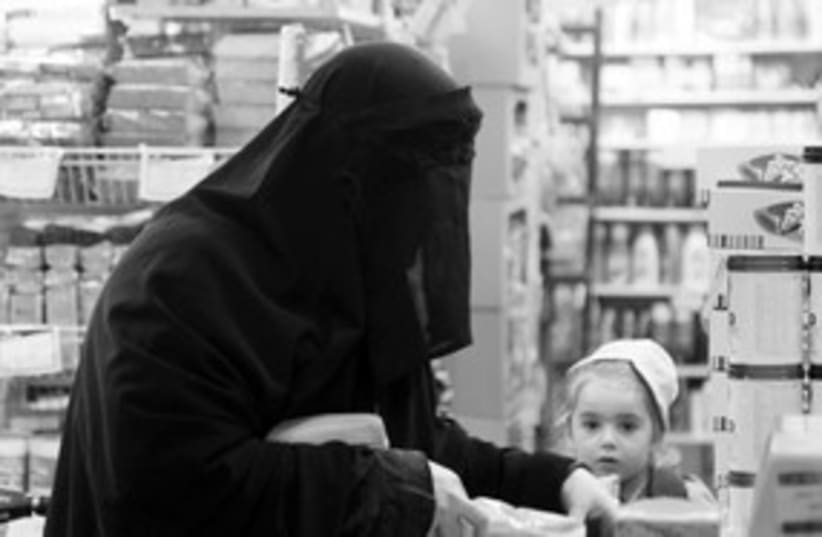The writer's website can be viewed at www.wordfromjerusalem.com. He can be reached at ileibler@netvision.net.il
Confront unbridled religious zealotry now
Regrettably, our dysfunctional political system has enabled zealots to hijack the state religious institutions.

The writer's website can be viewed at www.wordfromjerusalem.com. He can be reached at ileibler@netvision.net.il